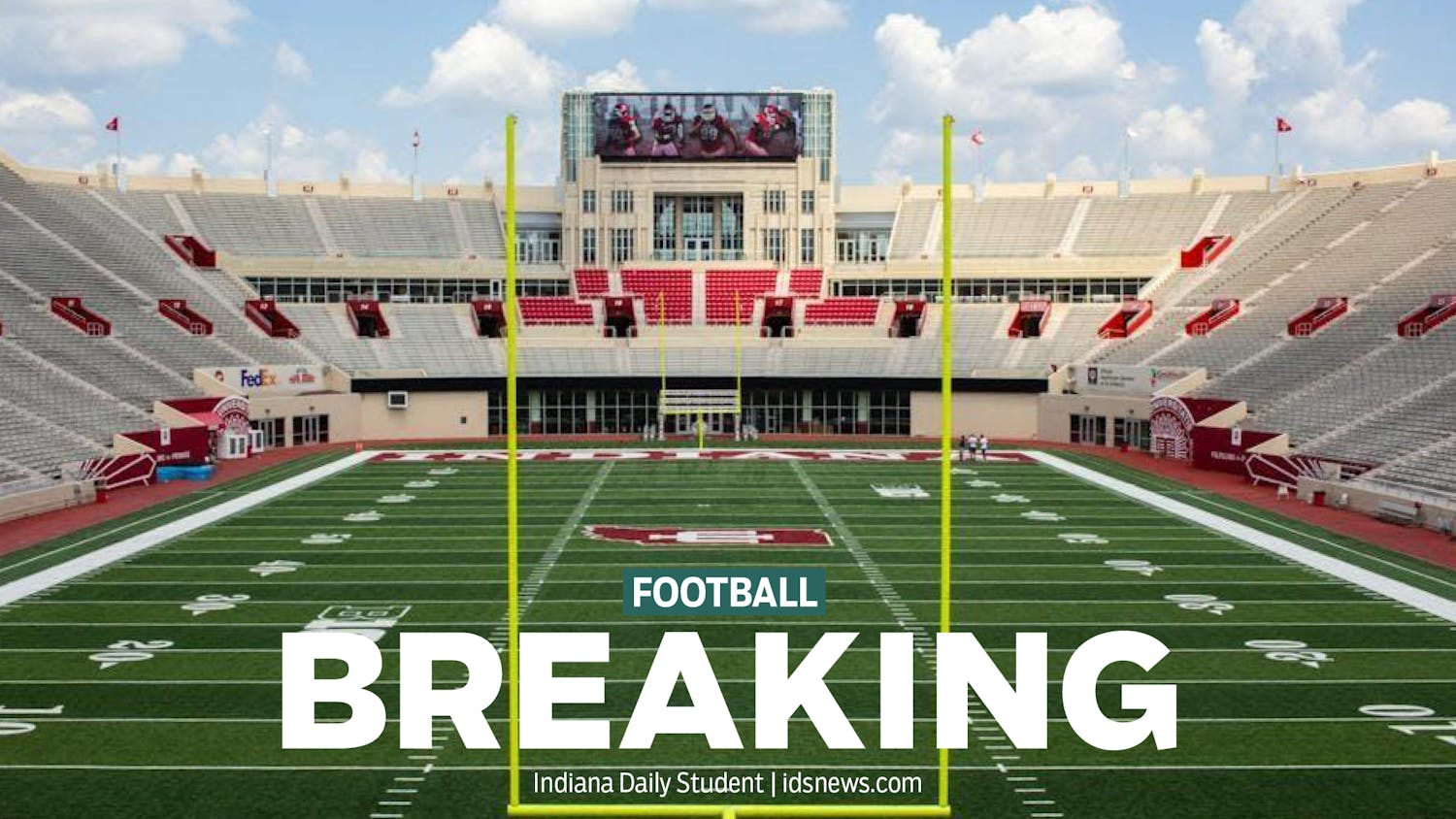As a sports journalism major, I can attest that working in sports changes you. You lose your fandom; you lose your bias. You see the game in a new light — the good and the bad.
Athletes rise to greatness in the same light — the spotlight. Many of them crave it. So it isn’t surprising, then, that a sports critic would want to turn that light out.
Keith Olbermann, host of the ESPN2 show “Olbermann,” called for a boycott of today’s much-anticipated NFL Draft and Saturday’s Manny Pacquiao-Floyd Mayweather fight.
In a seven-minute segment, Olbermann lambasted projected first-overall pick Jameis Winston for his accused sexual assault and Mayweather for his documented domestic abuse.
Olbermann asked his audience to “become the adults” by refusing to watch these athletes on TV.
And it’s hard to argue with him. Sports culture suffers incontrovertibly from issues of violence and abusive behaviors on and off the field.
The Ray Rice elevator tape, the Alex Rodriguez trial, the Junior Seau suicide.
These events got the ball rolling, exposing what Olbermann calls “the evils of the sports industry.”
Just this week, two more prospective and past NFL first-round draftees were reprimanded — by the league or by the law — for drug-related charges.
The New York Times ran an article Sunday about a born-and-raised football player who took his life at 32.
A postmortem examination revealed he had chronic traumatic encephalopathy, the same degenerative brain disease that plagued Seau, one of 18 diseased professional players diagnosed with CTE.
To watch sports, by Olbermann’s logic, is to condone these instances of abuse and violence.
But we can’t turn out the light. Sport, through our participation, involvement and spectatorship, ingrains indispensable lessons.
For me, that lesson comes from the word “best.”
There is no perpetual best in sports. Every streak must end; every athlete must retire. In sports, best is the flat, precipitous space everyone wants to knock you off of.
And they will succeed.
The greatest aspect of sports isn’t about reaching the top. It’s about teaching us what comes after.
Sports aren’t a conduit through which violence and aggression funnels out — it has the same capacity to instill integrity as it does criminality.
The game is in our hands. It’s in the players’ hands. It’s in the way we choose to portray it and talk about it.
If we turn off the TV, Jameis Winston still gets drafted. Floyd Mayweather still fights.
We have to begin to alter the message. We have to “become the adults,” as Olbermann advocates.
But let’s not become the adults who respond to violence; let’s step in before the violence ensues.
In the end, we have to choose whether we condemn a system, a way of life, because of the actions of a few individuals.
I choose to see the light.
vziege@indiana.edu





